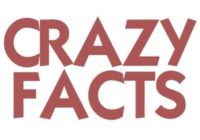Class & Language: A 1950s British Paradox
In the 1950s, it was observed that the British middle class often employed intricate language in an effort to appear more sophisticated. In contrast, the genuine upper class favored the simpler vernacular of the working class, opting for terms like “scent” rather than “perfume.” A 1940 study examining the linguistic disparities between the American upper… Read More »
